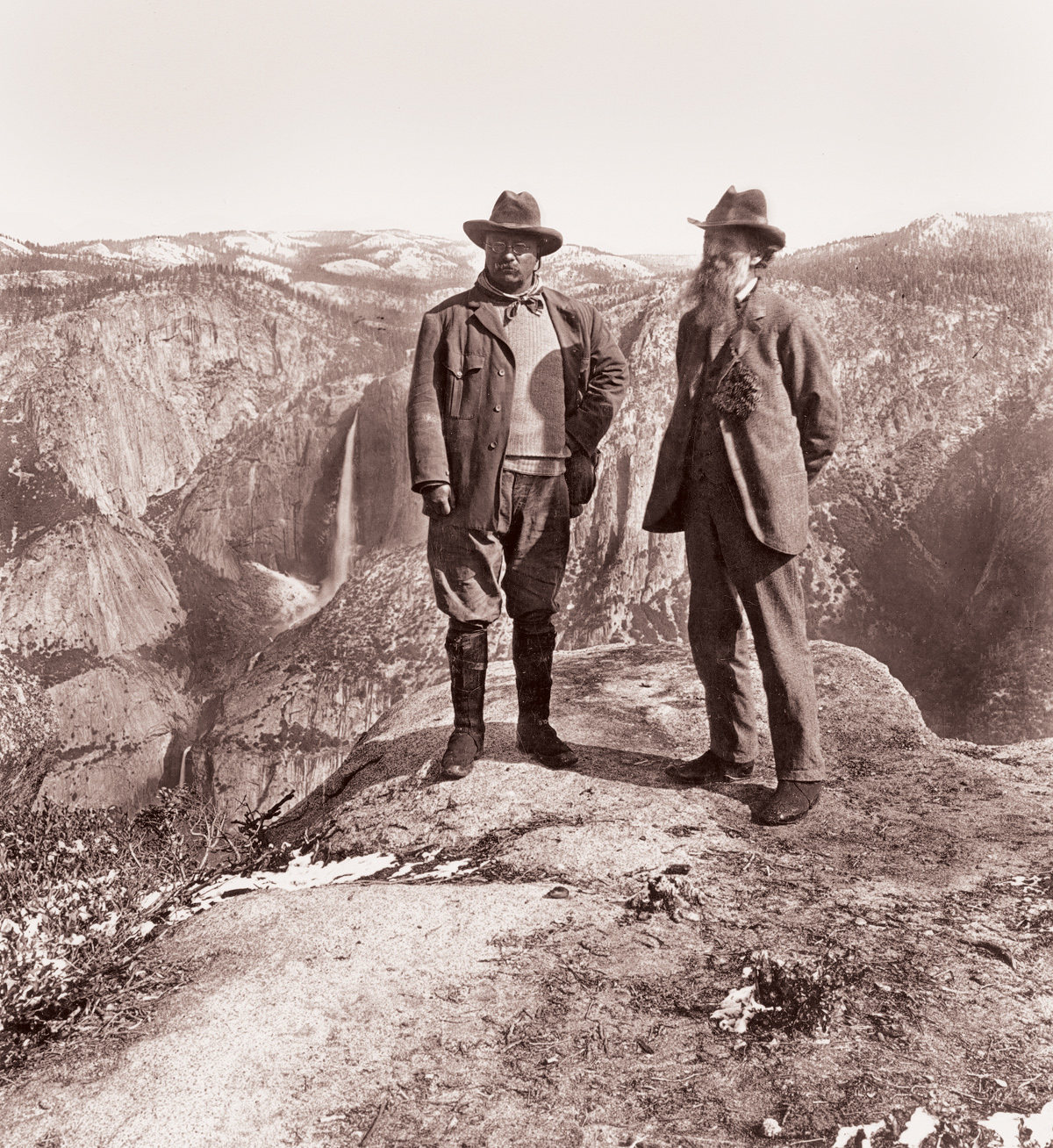Muir, << myoor, >> John (1838-1914), an explorer, naturalist, and writer, campaigned for the conservation of land, water, and forests in the United States. His efforts influenced Congress to pass the Yosemite National Park Bill in 1890, establishing both Yosemite and Sequoia national parks. Muir helped persuade President Theodore Roosevelt to set aside 148 million acres (59,900,000 hectares) of forest reserves. A redwood forest near San Francisco was named Muir Woods in 1908 in his honor.

Muir tramped through many regions of the United States, Europe, Asia, Africa, and the Arctic. He spent six years in the area of Yosemite Valley and was the first person to explain the valley’s glacial origin. In 1879, Muir discovered a glacier in Alaska that now bears his name. He called California “the grand side of the mountain” and owned a large fruit ranch there. In 1892, he founded the Sierra Club, which became a leading conservation organization (see Sierra Club ). Muir wrote a number of books, including The Mountains of California (1894), Our National Parks (1901), and The Yosemite (1912).
Muir was born on April 21, 1838, in Dunbar, Scotland. His family moved to Wisconsin when he was 11. He grew up on a farm and developed a great love of nature. As a boy, he attracted attention with his inventions. He entered the University of Wisconsin at the age of 22. Muir supported himself by teaching and by doing farm work during the summer. His interests included botany and geology. Muir died on Dec. 24, 1914.
